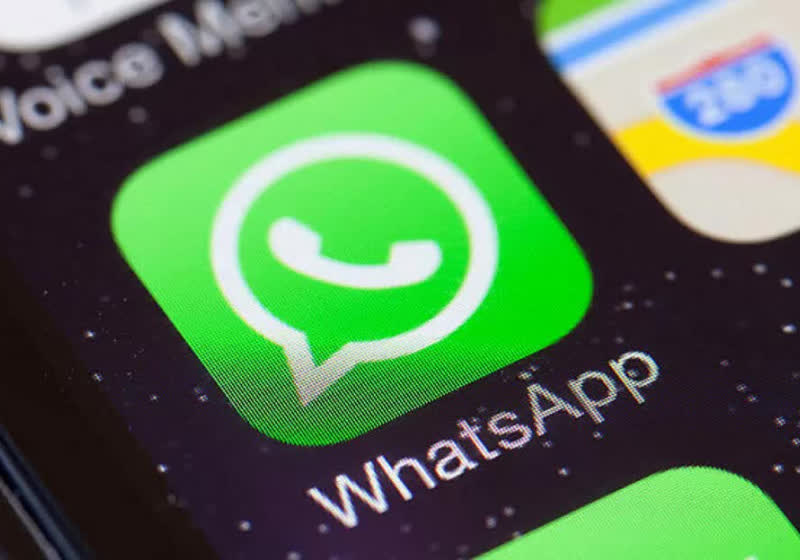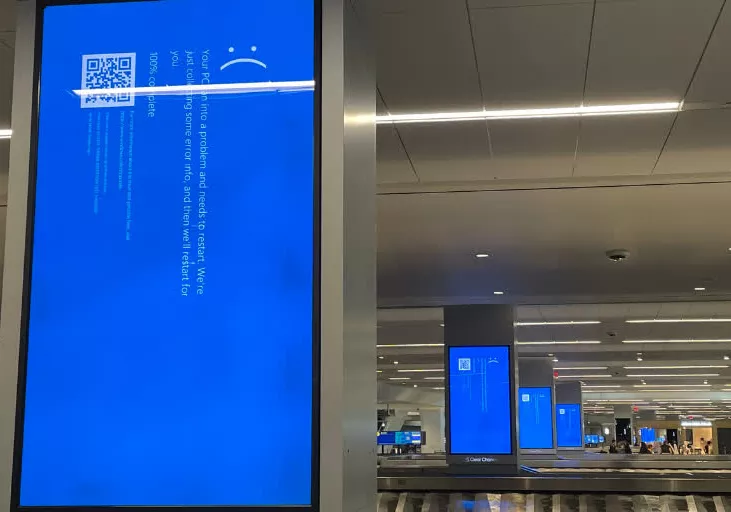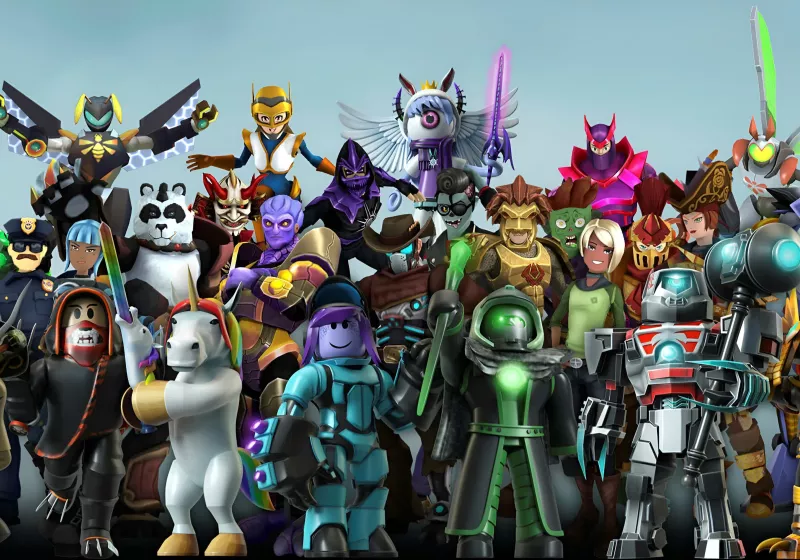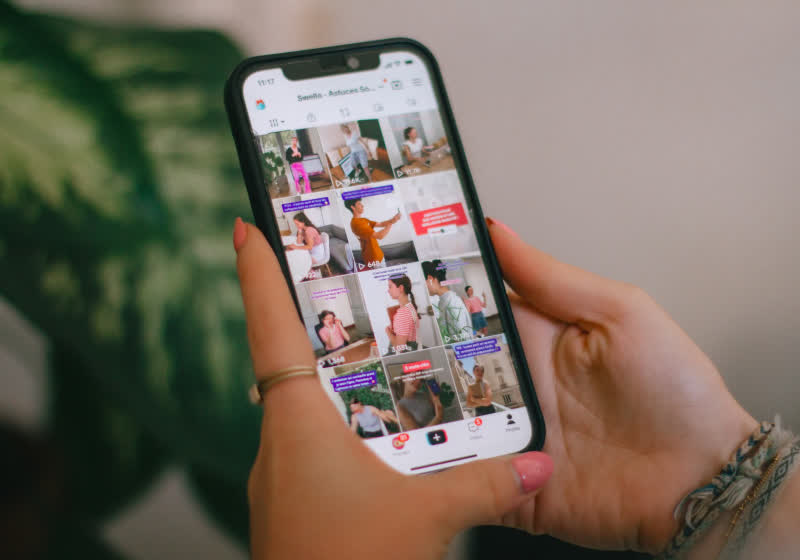WhatsApp flaw let researchers scrape 3.5 billion phone numbers, photos, and statuses
NegativeArtificial Intelligence

- A recent flaw in WhatsApp enabled researchers to scrape an extensive amount of user data, including 3.5 billion phone numbers and associated media, raising alarms about privacy and data security.
- This incident underscores the challenges WhatsApp faces in maintaining user trust, especially as it continues to expand its user base globally.
- The situation reflects ongoing debates about data privacy in digital communication platforms, emphasizing the need for robust security measures as companies evolve their services.
— via World Pulse Now AI Editorial System






